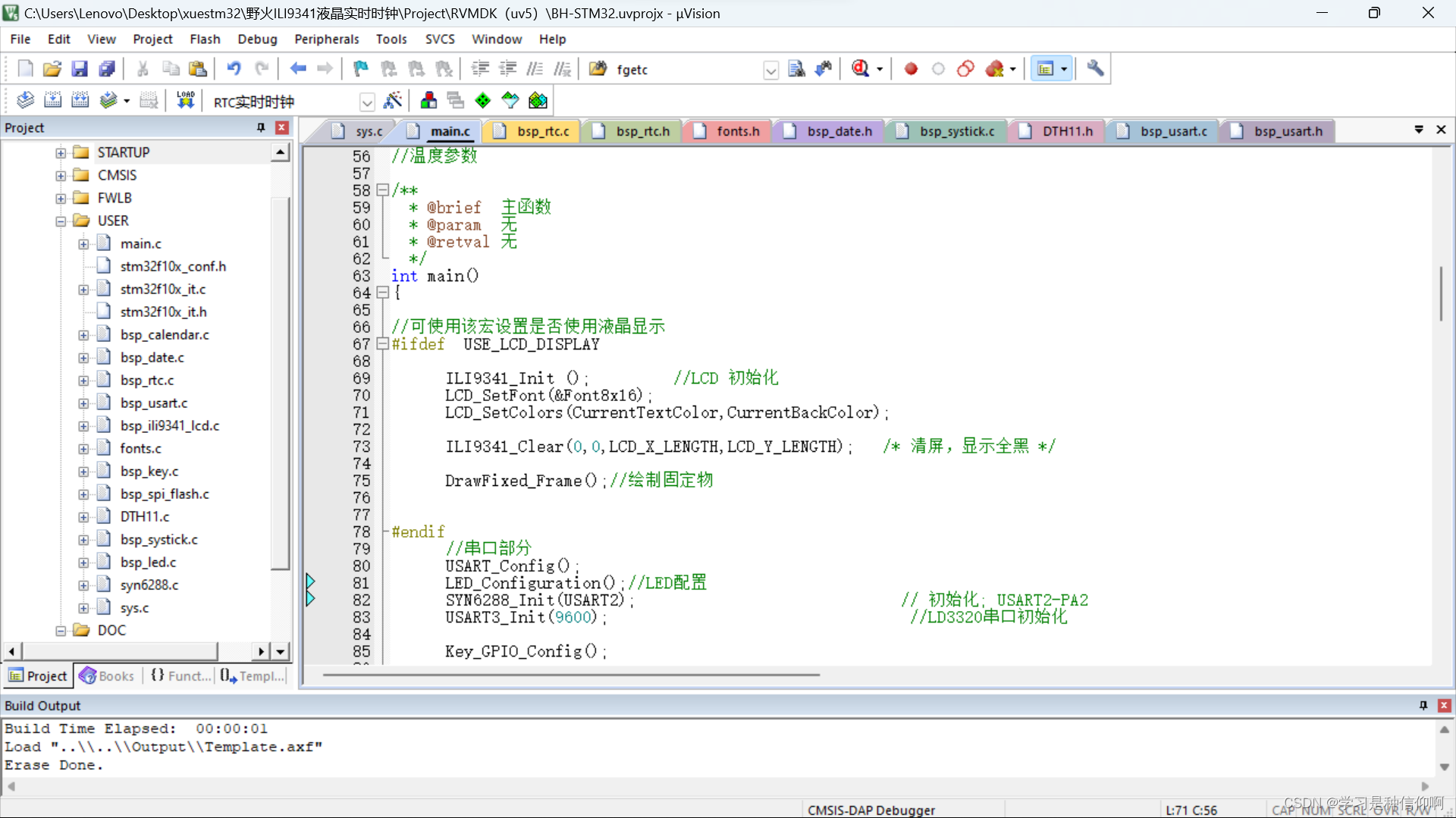Python第三方模块influxdb使用手册
一、pip安装influxdb模块pip install influxdbAPI连接influxdb数据库,需要创建一个influxdb client,目前支持两种客户端InfluxDBClientDataFrameClientInfluxDBClient可以使用这几种连接方式来连接数据库,创建InfluxDBClient对象from influxdb import InfluxDBClient#
·
pip安装influxdb模块
pip install influxdb
API
连接influxdb数据库,需要创建一个influxdb client,目前支持两种客户端
- InfluxDBClient
- DataFrameClient
InfluxDBClient
可以使用这几种连接方式来连接数据库,创建InfluxDBClient对象
from influxdb import InfluxDBClient
# using Http
client = InfluxDBClient(database='test')
client = InfluxDBClient(host='192.168.0.200', port=8086, database='test')
client = InfluxDBClient(host='192.168.0.200', port=8086, username='monitor', password='123321', database='test')
# using UDP
client = InfluxDBClient(host='192.168.0.200', database='test', use_udp=True, udp_port=4444)
InfluxDBClient类的参数说明
| 参数 | 释义 |
|---|---|
| host | influxdb主机地址,默认localhost |
| port(int) | 端口号,默认8086 |
| username(str) | 用户名,默认root |
| password(str) | 密码,默认root |
| pool_size(int) | urlib3连接池大小,默认10 |
| database(str) | 数据库名,默认none |
| ssl(bool) | 是否使用https连接,默认false |
| timeout(int) | 请求创建连接到客户端的超时时间,默认none |
| retries(int) | 连接客户端重试次数,默认3 |
| use_udp(bool) | 是否使用udp连接数据库,默认false |
| udp_port(int) | udp端口数,默认4444 |
InfluxDB类的方法
- 修改数据库的现有保存策略
alter_retention_policy(name, database=None, duration=None, replication=None, default=None, shard_duration=None)
- 关闭http会话
close()
- 为数据库创建一个连续的查询
create_continuous_query(name, select, database=None, resample_opts=None)
- 在InfluxDB中创建一个新数据库
create_database(dbname)
- 为数据库创建保留策略
create_retention_policy(name, duration, replication, database=None, default=False, shard_duration=u'0s')
- 在InfluxDB中创建一个新用户
create_user(username, password, admin=False)
- 从数据库中删除Series
delete_series(database=None, measurement=None, tags=None)
- 删除现有的数据库连续查询
drop_continuous_query(name, database=None)
- 从InfluxDB中删除数据库
drop_database(dbname)
- 从InfluxDB中删除一个measurement
drop_measurement(measurement)
- 删除数据库的现有保留策略
drop_retention_policy(name, database=None)
- 从InfluxDB中删除用户
drop_user(username)
- 类方法:从给定的数据源名称生成一个InfluxDBClient实例
classmethodfrom_dsn(dsn, **kwargs)
举例:
cli = InfluxDBClient.from_dsn('influxdb://username:password@\localhost:8086/databasename', timeout=5)
- 获取InfluxDB中连续查询的列表
get_list_continuous_queries()
- 获取InfluxDB中的数据库列表
get_list_database()
- 获取InfluxDB中的measurements列表
get_list_measurements()
- 获取授予给定用户的所有特权的列表
get_list_privileges(username)
- 获取数据库的保留策略列表
get_list_retention_policies(database=None)
- 获取InfluxDB中所有用户的列表
get_list_users()
- 向用户授予管理员权限
grant_admin_privileges(username)
- 向用户授予数据库权限
grant_privilege(privilege, database, username)
- 检查与InfluxDB的连接
ping()
- 查询
query(query, params=None, bind_params=None, epoch=None, expected_response_code=200, database=None, raise_errors=True, chunked=False, chunk_size=0, method=u'GET')
- 向InfluxDB API发出HTTP请求
request(url, method=u'GET', params=None, data=None, expected_response_code=200, headers=None)
- 撤消用户的管理员权限
revoke_admin_privileges(username)
- 撤消用户对数据库的权限
revoke_privilege(privilege, database, username)
- 发送UDP数据包
send_packet(packet, protocol=u'json', time_precision=None)
- 更改现有用户的密码
set_user_password(username, password)
- 更改客户端的数据库
switch_database(database)
- 更改客户端的用户名
switch_user(username, password)
- 写入数据库
write(data, params=None, expected_response_code=204, protocol=u'json')
- 写入多个时间序列名称
write_points(points, time_precision=None, database=None, retention_policy=None, tags=None, batch_size=None, protocol=u'json', consistency=None)
更多推荐
 已为社区贡献1条内容
已为社区贡献1条内容








所有评论(0)